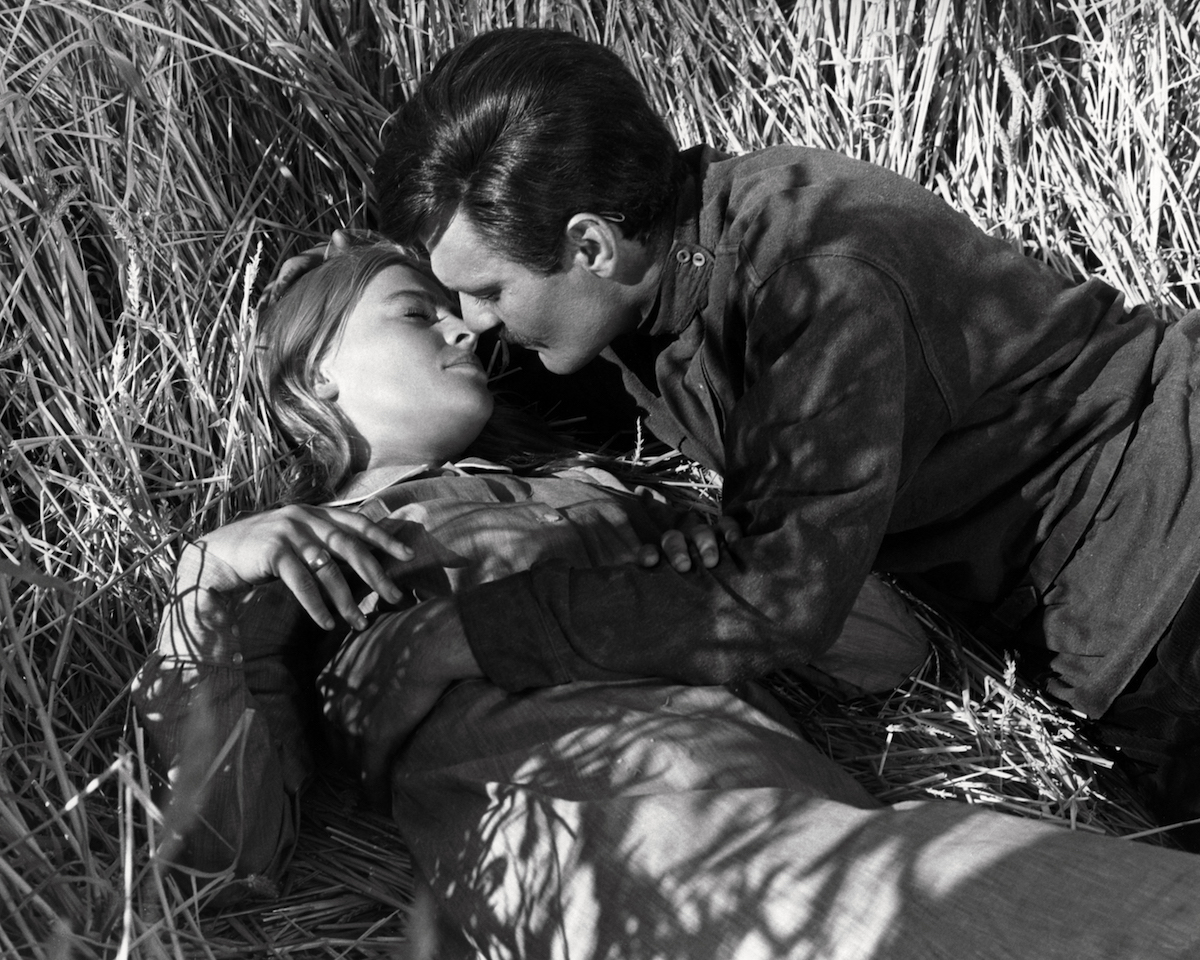
Nobody would argue that the movie Doctor Zhivago—which premiered 50 years ago, on Dec. 22, 1965—is short. Clocking in at nearly three and a half hours, it easily qualifies for “epic” status. On the other hand, that’s a fraction of the whopping 45 hours that screenwriter Robert Bolt originally estimated would be required to capture the full story as told in Boris Pasternak’s novel.
Director David Lean burned through a budget of $11 million adapting the bestselling novel, and the result was—TIME noted—both faithful to the original and not. Lean had been moved to tears by the book, but knew that adapting it for the screen would be a major challenge. And it wasn’t just a matter of length, that article continued:
…Zhivago in the book is more a passive observer, a spokesman for Pasternak’s own vision and soaring humanism than a Hotspur to action. In portraying an age of revolution, the novelist relied heavily on coincidence for his plot, skimped on motivation in his characters. For film purposes, Bolt had to cope with the fact that Pasternak “jumps absolutely obligatory material.” There is, for instance, not a single kiss between Zhivago and his mistress Lara in the novel, and the reader is never told how their monumental affair was consummated. “It simply took place between chapters,” says Bolt.
The solution, Bolt and Lean decided, was to minimize the role of the Russian Revolution and maximize the character of Lara, played by Julie Christie.
As the film neared its release, Lean said that he was so close to the it that he had “no idea” whether he would enjoy seeing the finished product, but advance ticket sales hit a then-impressive $250,000. And the next week TIME’s critic made clear that those moviegoers had made a smart bet: Doctor Zhivago on screen was “literate, old-fashioned, soul-filling and thoroughly romantic.”
Read the full review, here in the TIME Vault: From Russia With Love
More Must-Reads From TIME
- The 100 Most Influential People of 2024
- Coco Gauff Is Playing for Herself Now
- Scenes From Pro-Palestinian Encampments Across U.S. Universities
- 6 Compliments That Land Every Time
- If You're Dating Right Now , You're Brave: Column
- The AI That Could Heal a Divided Internet
- Fallout Is a Brilliant Model for the Future of Video Game Adaptations
- Want Weekly Recs on What to Watch, Read, and More? Sign Up for Worth Your Time
Write to Lily Rothman at lily.rothman@time.com